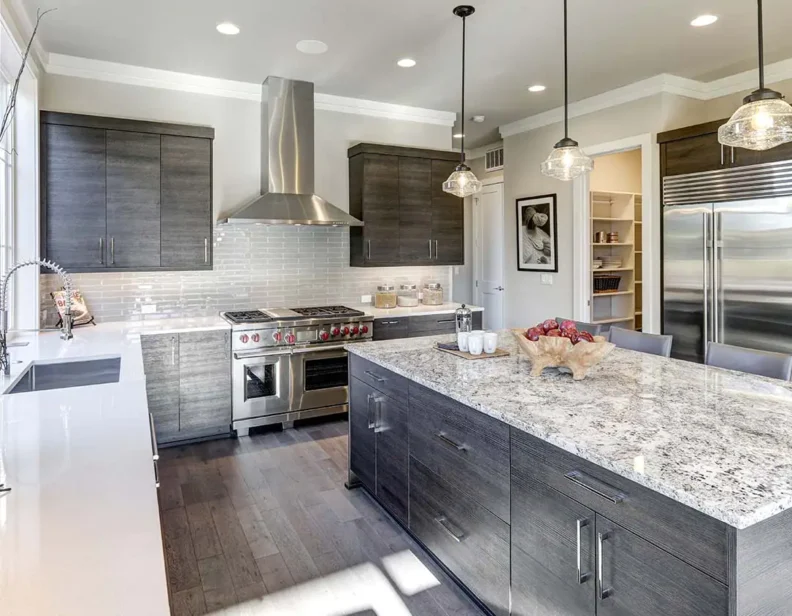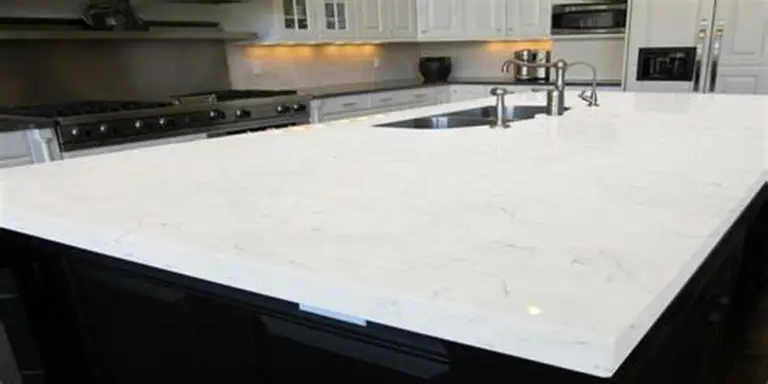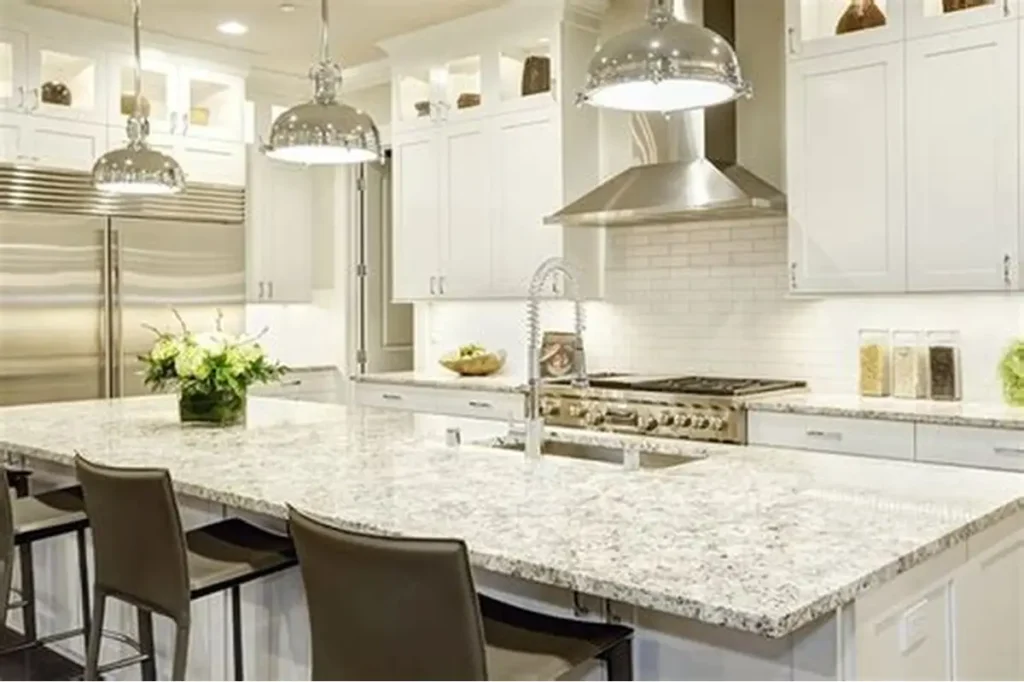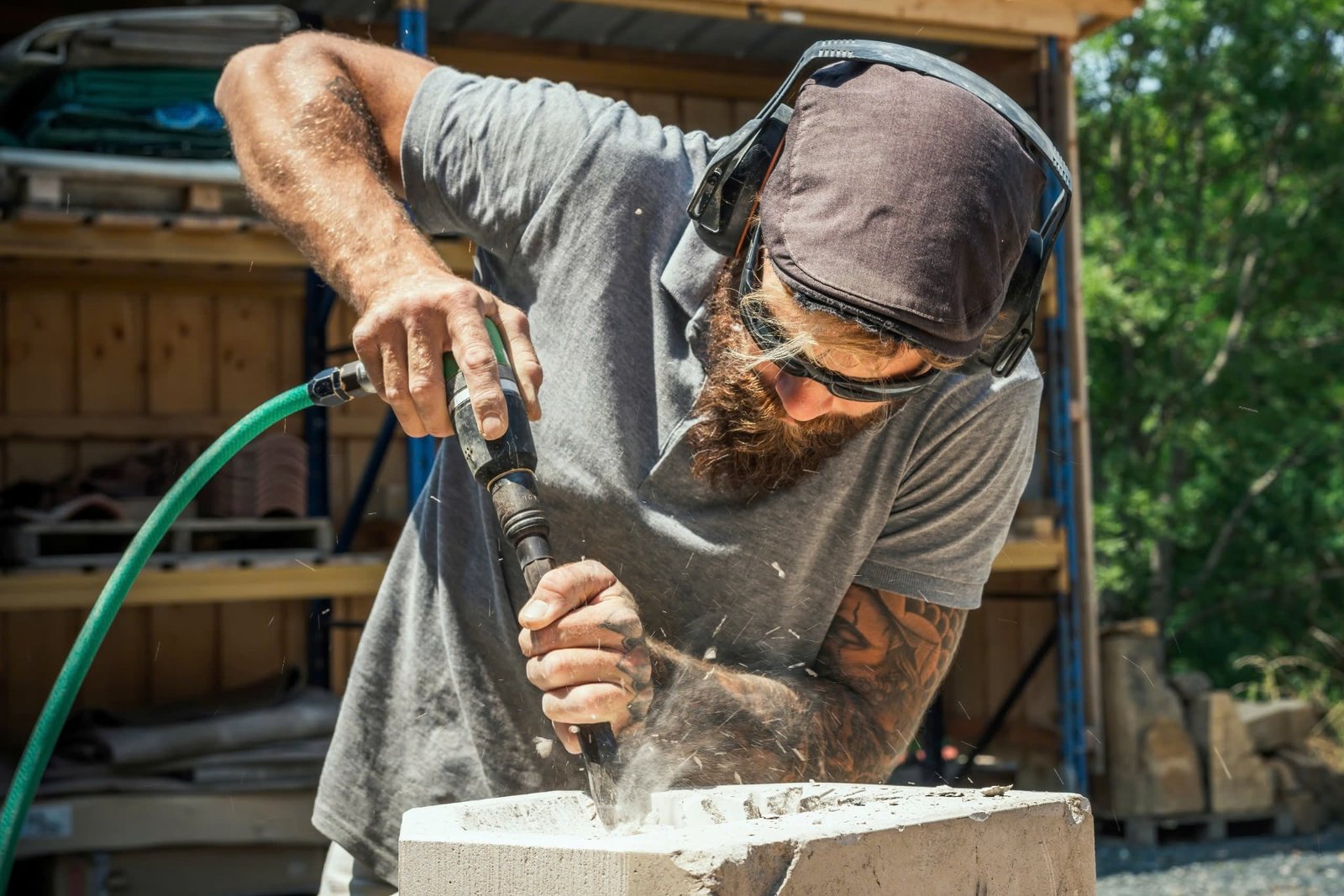
One of the most important questions homeowners ask before installing granite countertops is: Do I need to seal them?
One of the most important questions homeowners ask before installing granite countertops is: Do I need to seal them? Granite is a natural stone, and while it is incredibly durable and elegant, its porosity means that sealing plays a vital role in protecting it against stains, water damage, and bacteria growth.
This guide will explain why sealing matters, how often you should do it, and the best practices for maintaining your countertops over the years.

Why Sealing Granite Countertops is Necessary
Granite, by nature, is a porous material. This means liquids like wine, oil, or juice can seep into the surface if it’s not properly sealed. Over time, unsealed granite can develop stains, harbor bacteria, or even weaken structurally in high-use areas.
- Black granite countertops often have denser mineral compositions and may require less frequent sealing.
- White granite countertops or lighter stones typically absorb liquids more easily, needing regular maintenance.
- Exotic variations like blue pearl granite countertops fall somewhere in between, depending on the slab.
👉 Learn more about granite’s porosity here: Are granite countertops porous?

How to Tell If Granite Needs Resealing
A simple test is to pour a few drops of water on the surface. If the water beads up, your sealant is intact. If the water darkens the stone within a few minutes, it’s time to reseal.
How Often Should Granite Countertops Be Sealed?
The frequency depends on:
- Type of granite: Dense polished granite countertops can go longer without resealing.
- Usage: Granite kitchen countertops see more spills than granite bathroom countertops.
- Finish: Honed granite countertops absorb more, needing frequent sealing.
On average, granite should be sealed every 12 to 24 months.
Benefits of Sealing Granite Countertops
- Stain Resistance – Prevents oils, wine, and food from penetrating.
- Hygiene – Reduces bacteria growth.
- Longevity – Maintains structural integrity and aesthetics.
- Easier Cleaning – Makes daily maintenance simple.
For cleaning tips, visit: How to clean black granite countertops.
Step-by-Step Guide: How to Seal Granite Countertops
- Clean the surface with a pH-neutral cleaner.
- Dry thoroughly before applying sealer.
- Apply granite sealer evenly with a cloth or spray.
- Allow absorption for 15–20 minutes.
- Wipe off excess to avoid streaks.
- Cure for 24 hours before using countertops.
Maintenance Tips for Long-Lasting Granite
- Always use coasters and trivets for hot pans.
- Wipe spills immediately.
- Avoid acidic or abrasive cleaners.
- Schedule professional resealing if unsure.
For safe handling of slabs during installation, see Aardwolf vacuum lifter.
Granite vs Quartz Countertops: Sealing Differences
When comparing granite vs quartz countertops:
- Granite: Requires periodic sealing.
- Quartz: Non-porous, no sealing needed.
Still, many homeowners prefer the authenticity of natural stone vs engineered stone countertops, making sealing a worthwhile task.
Where to Buy Granite Countertops & Sealing Services
- Wholesale granite countertops suppliers for affordable slabs.
- Local granite fabricators for custom installations.
- Granite countertop showroom [location] for slab selection.
- Search granite countertops near me for sealing services.
Explore wholesale options: Where to buy granite countertops at wholesale prices.
Pros and Cons of Sealed Granite Countertops
Pros:
- Long-lasting durability.
- Timeless elegance for kitchens and bathrooms.
- Increased home resale value.
Cons:
- Requires sealing every 1–2 years.
- Heavier than other countertop options.
- Slightly more maintenance than quartz.
Final Thoughts
So, do you need to seal granite countertops? The answer is a definite yes. While granite is tough and beautiful, sealing is essential to keep it looking pristine, hygienic, and stain-free for decades. With the right products, routine care, and occasional resealing, your countertops will remain one of the most valuable investments in your home.

